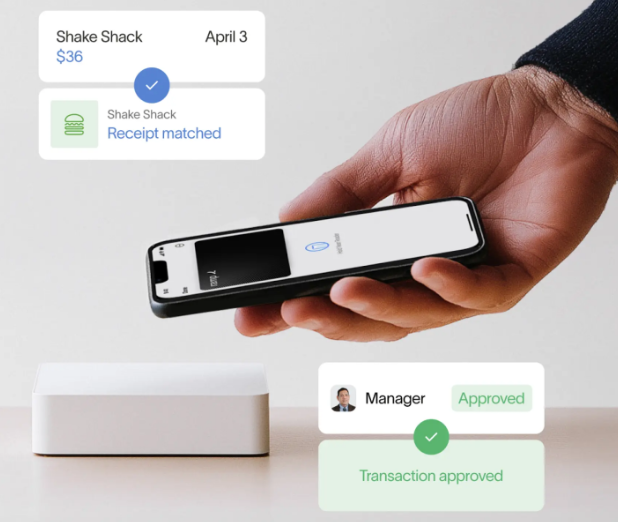Legal guardianship may become necessary when a loved one can no longer decide for themselves. However, in North Carolina, understanding the different types of guardianship can be confusing without the proper guidance.
At Trusts and Estates Law Group, PLLC, we help families across the state protect their loved ones and confidently make thoughtful decisions. In this article, we break down the main types of guardianship allowed in North Carolina and explain how to choose the option that best fits your family’s unique situation.
Legal Guardianship in North Carolina
Guardianship is a court-ordered relationship that gives someone authority to act for another adult, the ward. North Carolina prefers lighter options first, such as powers of attorney or supported decision-making, and G.S. 35A-1201 echoes that preference. A formal petition with the Clerk of the Superior Court starts the process, and differs from a power of attorney because the court, not the adult, chooses the decision-maker. Incapacity is proven when the adult cannot manage affairs or communicate vital choices, often shown through medical or psychological evidence.
Types of Guardianship
Once the clerk finds incapacity, the next step is picking the right help level. Each type carries different duties and limits.
Guardian of the Person
This guardian handles care, custody, and control of the ward’s daily life. Typical duties under G.S. 35A-1241(a) include:
Selecting where the ward lives and who provides support services.
Authorizing medical or mental health treatment.
Approving education, recreation, and community activities.
The guardian of the person cannot touch the ward’s money or property.
Guardian of the Estate
This guardian oversees assets, income, and debts. Statutes G.S. 35A-1251 and 1253 list tasks such as:
Opening bank or investment accounts in the ward’s name.
Paying bills, taxes, and insurance.
Filing required inventories and annual accountings with the clerk.
No authority exists to decide where the ward lives or what medical care is given.
General Guardian
A general guardian combines both previous roles, controlling personal care and finances. Because it grants sweeping power, clerics often weigh whether two separate guardians or a limited plan might work better.
Limited Guardianship
North Carolina clerks must consider a limited order tailored to the person’s abilities, per G.S. 35A-1215(b). The appointment order spells out powers kept by the ward and powers given to the guardian, letting the adult retain as many rights as practical.
Alternatives to Guardianship in North Carolina
The law favors lighter tools when they work. Below are several options that can keep court supervision away.
Durable Power of Attorney (POA) and Health Care Power of Attorney (HCPOA)
A POA lets an individual name someone to handle property or bills, while an HCPOA covers medical decisions. Short statutory forms appear in G.S. 32C-3-301 and 32A-25.1. Both documents must be signed while the person still understands what they are signing.
Advance Directive for Natural Death and Advance Directive for Mental Health Treatment
These directives spell out treatment wishes ahead of time. Forms are available through the N.C. Secretary of State and can be filed in the state registry.
Representative Payee
A representative payee may be named to receive and manage payments for Social Security, SSI, or veterans’ benefits. This route avoids full estate guardianship for many low-income adults.
Initiating Guardianship Proceedings in North Carolina
Any concerned person may petition the Clerk of Superior Court when no alternative fits. The petition states facts showing incapacity, lists next of kin, and discloses assets. The petitioner must prove incapacity by clear, cogent, and convincing evidence. The clerk appoints a Guardian ad Litem (GAL) to represent the respondent under G.S. 35A-1107. The clerk or assistant clerk manages competency hearings, though the respondent may ask for a jury on the incapacity question.
Guardianship Responsibilities and Oversight
Guardians owe a fiduciary duty to act in the ward’s best interest. Among other tasks, they must:
Use funds wisely and avoid mixing personal and ward assets.
Seek suitable medical care and living arrangements.
File required inventories and annual accountings of managing property.
A guardian is not personally liable for the ward’s debts and does not have to use personal funds for the ward’s care.
Table: Overview of Guardian Powers
Comparison of Guardianship Types in North Carolina
Type
Who Picks Housing & Medical Care?
Who Manages Money?
Guardian of the Person
Yes
No
Guardian of the Estate
No
Yes
General Guardian
Yes
Yes
Limited Guardian
Depends on order
Depends on order
Modifying or Terminating a Guardianship
Life can change. Any interested party, including the ward, may file a motion to restore competency. The moving party must show by a preponderance of evidence that the ward can now manage affairs. If the ward moves permanently to another state, the guardian may file under G.S. 35B‑30 to transfer the guardianship. Once the receiving state accepts it under G.S. 35B‑31, the original North Carolina guardianship is officially closed.
Do You Need Assistance with Guardianship Matters?
At Trusts and Estates Law Group (of North Carolina), PLLC, we tailor every plan to fit the person, not the other way around. Our team guides families through powers of attorney, guardianship petitions, and courtroom hearings with steady counsel and clear answers. Ask questions anytime by calling 919-782-3500 or sending a note through our Contact Us page. We look forward to helping you protect the most important people and goals.


























